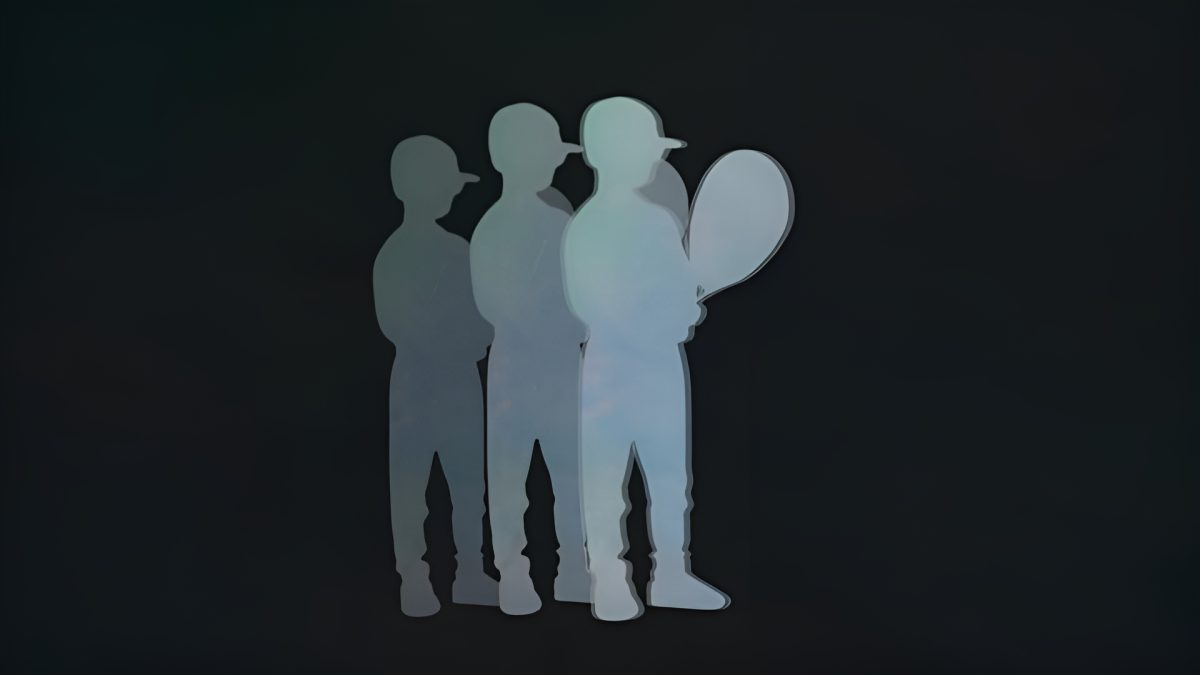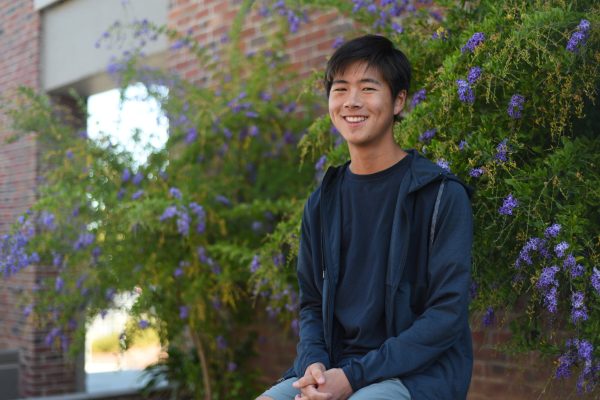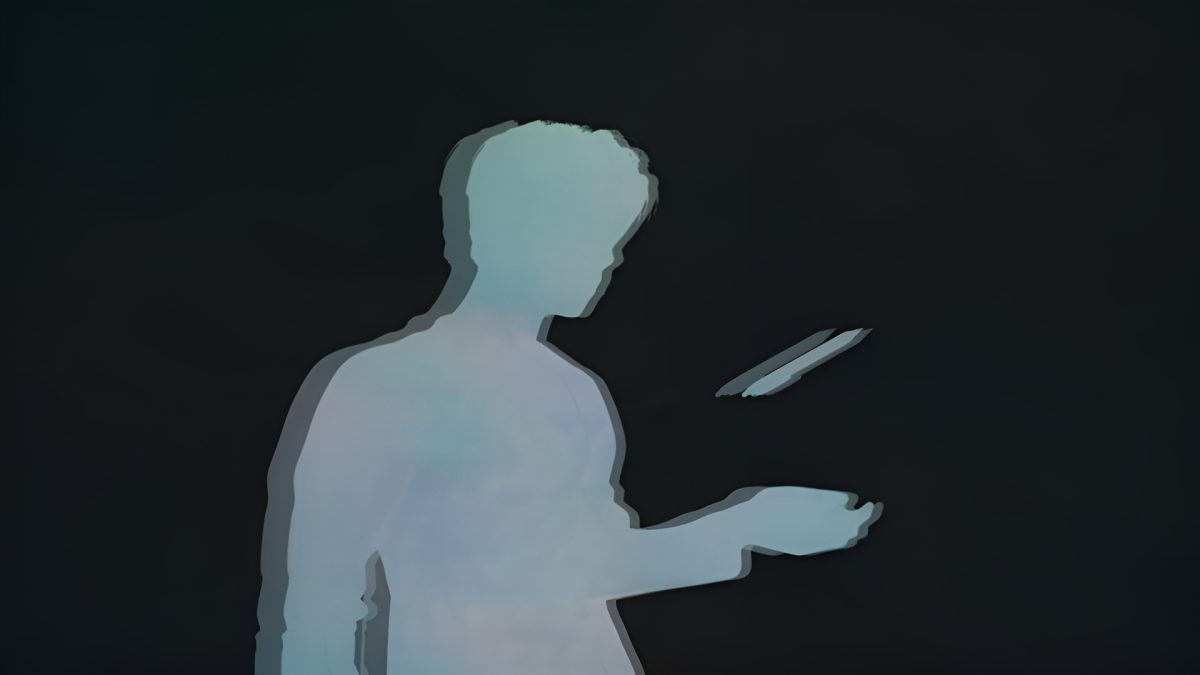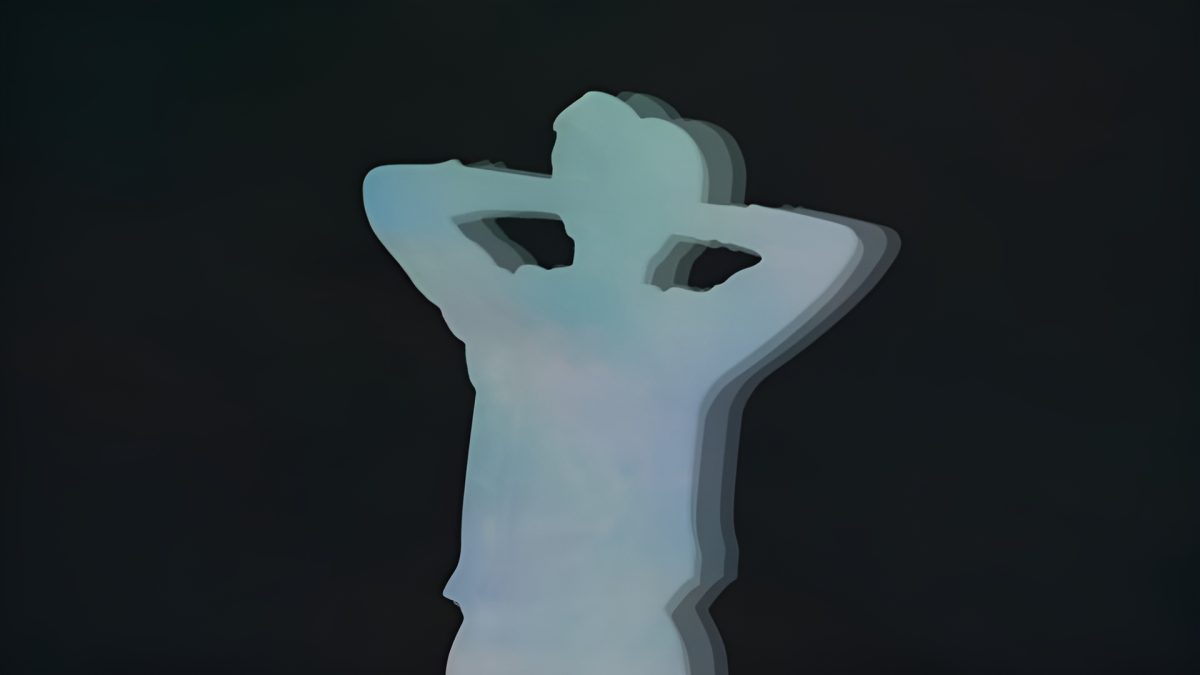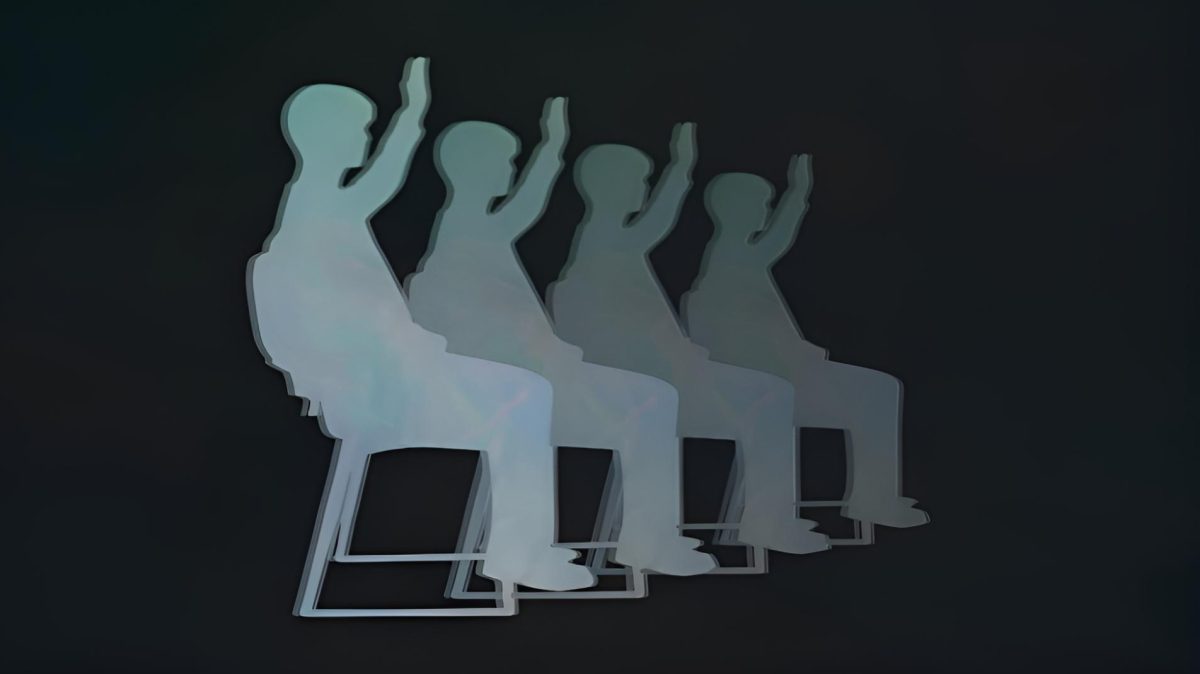For nearly my entire life, I was a “tennis player” at heart. That was one of the things I was most sure of about myself. However, a few months ago, I quit. And, strangely, after doing so, I felt relieved, glad to be free from the burden tennis had become. As an ex-tennis player, I often wonder how I fell out of love with the sport that, for the longest time, defined who I was.
Rough estimates say I started playing tennis at age five, though I didn’t technically “play” tennis until much later in my life — I only took lessons. I wasn’t great compared to the older kids I practiced with. But I didn’t mind. I imagined my racket to be a sword, with which I bravely fought on the tennis court battlefield. Here, my passion was born.
I continued “playing” tennis until one week in middle school changed everything.
I tried out for the tennis team in eighth grade. By then, I was pretty good at tennis, but I wasn’t necessarily a competitive tennis player, given my lack of practical experience. I couldn’t take my mind off tennis the week of the tryouts. When the day finally came, I fought hard, even graduating to the one singles court by the end. I felt satisfied with my performance and confident I had it in the bag.
And with that came my reality check, the first of many failures to come. My mom broke the news to me one afternoon that I did not make the team. Reflecting, I realize that moment was the beginning of the end. I decided there was only one way for my tennis journey to continue — one way for my passion to have purpose. My nine years of tennis will not amount to nothing, I told myself. From then on, tennis was no longer a game; my racket was no longer a sword. I needed to win, and to win, I needed to get serious.

I enrolled in a tennis camp, looking for more opportunities to compete with others. I worked hard over the summer, leading to my first tournament match. Fueled by the desire to right my wrongs, I practiced nonstop. But my efforts were in vain. On my day of judgment, when I could have put the past behind me and set my tennis career in motion, I lost 6-1, 6-0 to a girl half my height. After that, my racket felt like a toy. All I could do was pick myself up, work harder and keep trying.
I suffered blow after blow, not only in crushing tournaments but also in humiliating practices. Despite being the oldest at the camp, I was never the best. My performance was always inconsistent. One day, I might have played really well. Then, in the next practice, I’d play so horribly that it stung to think about tennis for the next week. I grew frustrated and exhausted. Maybe I wasn’t committed enough. Maybe I wasn’t good enough. With each loss, the 5-year-old version of me who loved tennis solely because it was fun grew more and more distant.
Then came my chance for the ultimate redemption. I tried out for MV’s tennis team in ninth grade, again hoping to absolve my past failures. The team was my last shot. However, my self-confidence was at an all-time low, and my performance reflected that. Days before the results were posted, I knew my tennis journey was over.
But by some miracle, enough people dropped the team after tryouts for me to secure the final spot on JV. Finally, success was within reach. Still, I don’t remember being proud or even glad. Maybe, subconsciously, a part of me was ready to give up.
Even though I made the team, I continued my losing streak. 6-0. 6-2. 6-1. 6-0. I tried to stay optimistic, telling myself I was learning with each defeat. Slowly, I was. My tennis improved and I won my first match. But the victory didn’t feel good. The damage from so many previous losses was already done. It was becoming clear that tennis and I weren’t meant to be.

I decided to quit last winter. Letting go was difficult, especially since tennis was everything to me for so long. I wanted to persevere. Despite this, I couldn’t find the motivation to continue. My love for tennis was gone. When my choice became official, a weight was lifted off my shoulders. Rather than feeling empty in tennis’s absence, I felt free. In the end, I wasn’t giving up — I was moving on.
I desperately held on to what remained of my passion for a long time, trying to be persistent but suffering to no end. When I quit, I worried I was losing a part of myself. However, at a certain point, it’s important to acknowledge that our passions do not define who we are — who we are defines our passions.
Just as people change, our passions change too. It’s okay and even healthy to let them go, no matter how central they once were to our lives.



